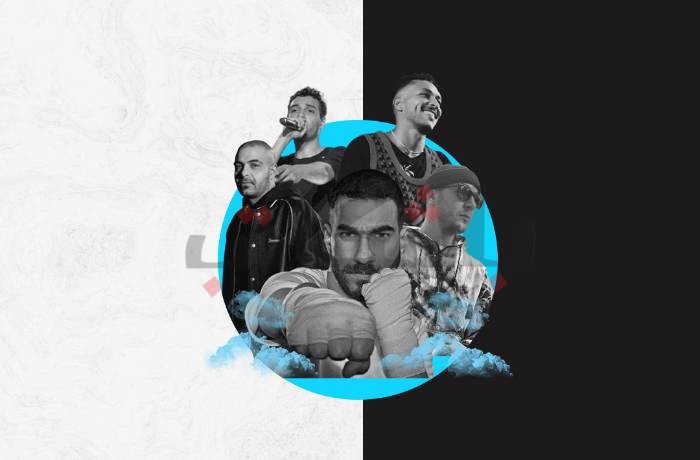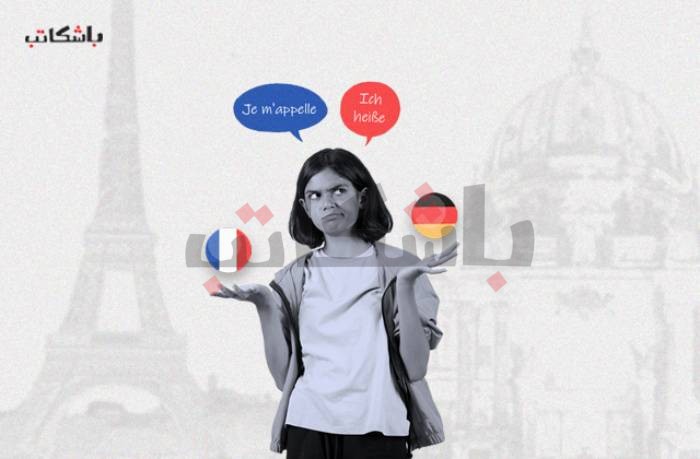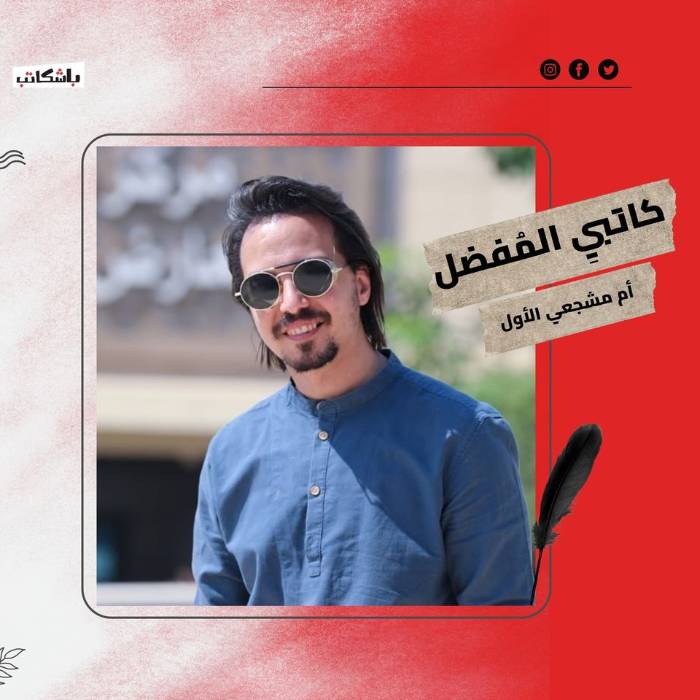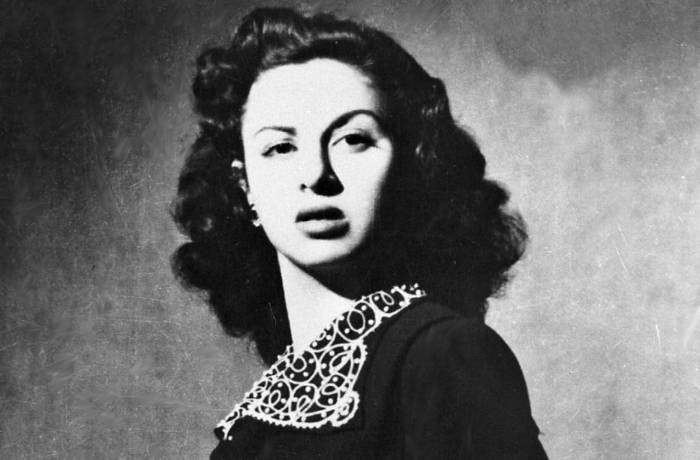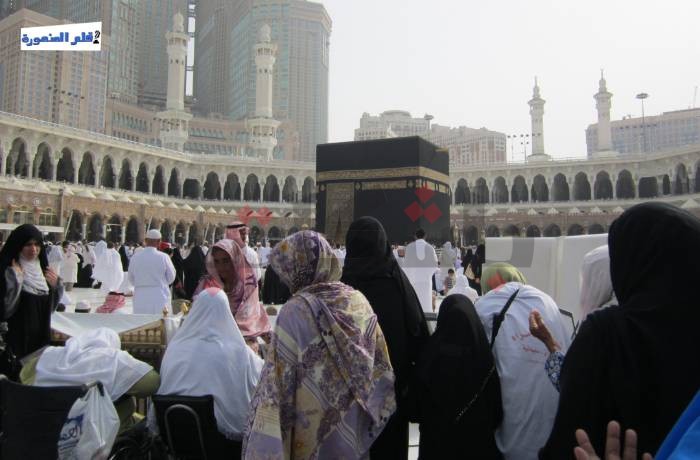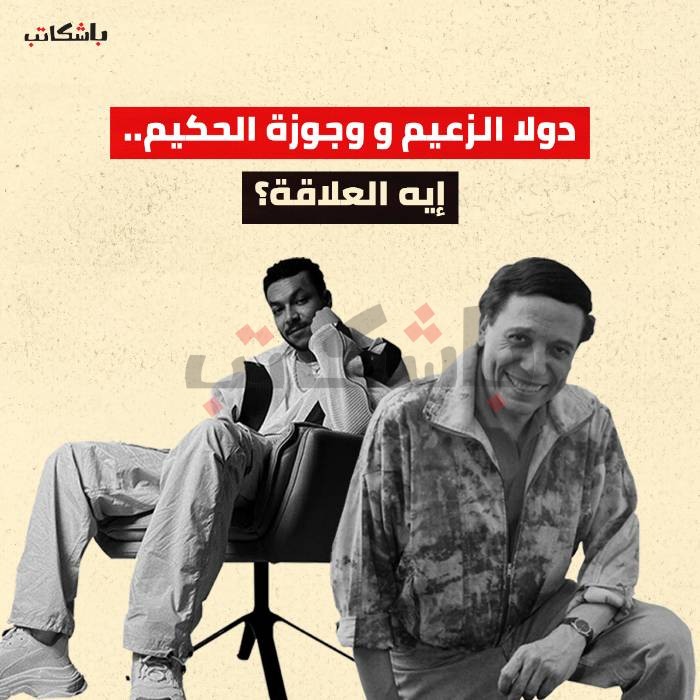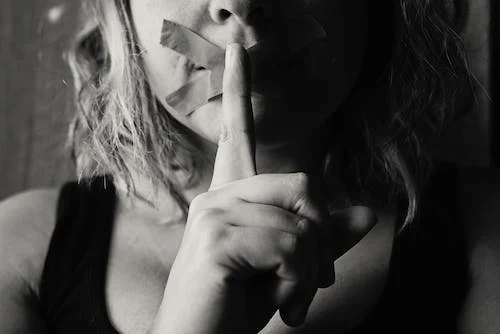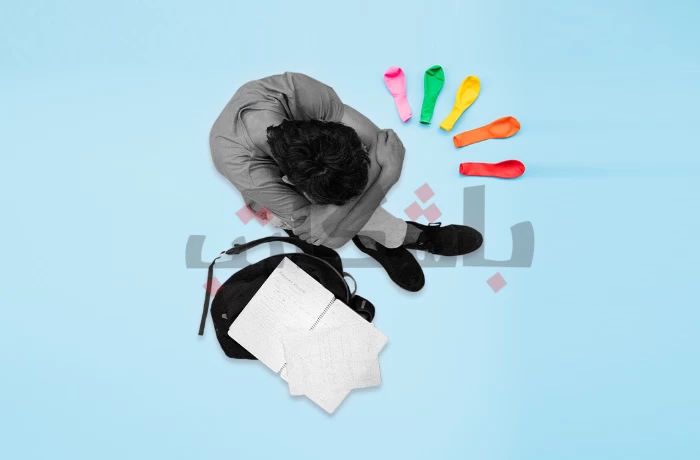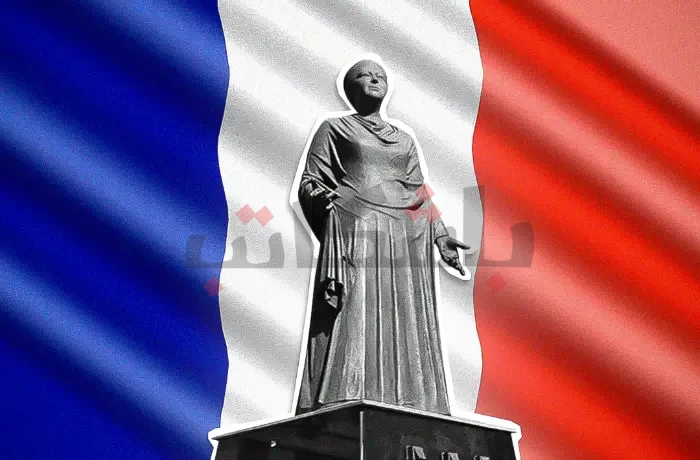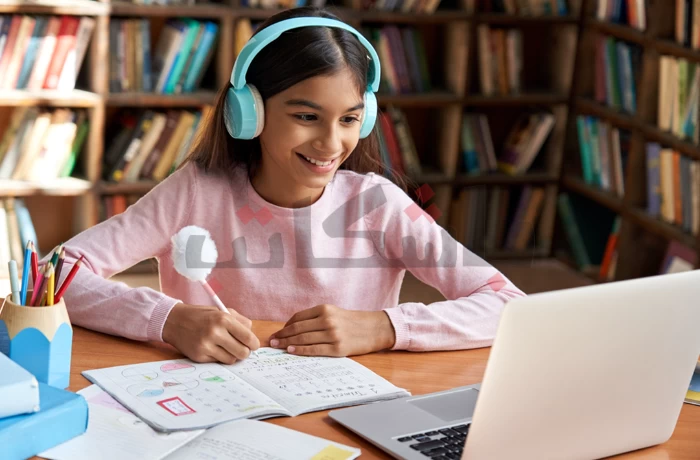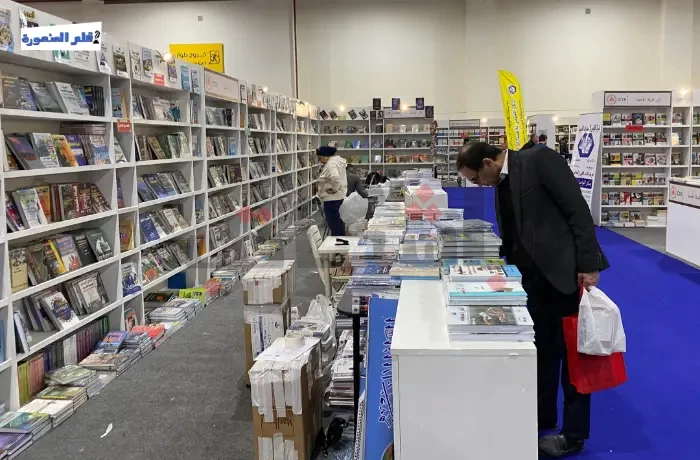I was born in a house where there is diversity in the music tastes, my parents listen to their generation’s music like Om Kolthoum, Shadia, Warda, and Abdulhaleem, and surely in an advanced period of their youth they listened to Amr Diab, Mohamed Mounir, Mohamed Fouad, and others. My eldest brother was affected by the wave of youth bands that increased after the January Revolution like Cairokee, Masar Egbari, and others. As for my other brother, who is three years older than me, he listens to a different type of music that I neither liked nor hated, which is rap music. My mother hated it and complained about its fast rhythm and vulgar lyrics, and this opinion she shared with many others I know who are the same age as her.
I wondered: why older generations specifically hate rap, whereas it is liked by younger age groups?
Thousands attend rap concerts, their videos achieve millions of views, and whenever a new track is launched it immediately becomes a trend on different social media platforms, manifesting that most of their followers are children and youth.
Rap and trap music are not new to the Arab world, they appeared in the nineties, and one of the first Arab rappers was the Qusai, Saudi Arabian, and Jarem Al-Khal, Emirati. Since that time and until now, Arab fans of rap music have increased, and in Egypt many of the youth took a liking of it.
One of the most famous Egyptian rappers these days is Marwan Pablo, a twenty-six-years-old young man from Alexandria; he posted his first song on his YouTube channel 4 years ago, it achieved 1.4 million views, and following the channel numbers until now you’ll find that his last track “Al-Halal” achieved 3.8 million views in only 4 months, which is nearly the double in a very short period, indicating people’s love for Marwan’s rap songs and what he represents.
Most distinguished songs or “tracks” by Marwan were “Al-Gemeza” which achieved about 8 million views on YouTube, and “Al-Ghaba” achieving 25 million views. The thirty-seven-years-old Abu-Yusuf also shined like a star in the sky of rap music launching several tracks like: 300 Marra, Wahed-wahed, Azraeel, Basha Etamad. Then, suddenly, a star shined brighter than all named Wegz, his tracks spread wide in the Egyptian street, like “Dorak Gai” which was classified as pop-rap; his song “Al-Bakht” for example achieved 154 million views until now. Marwan Mousa and Afrotto achieved 8.5 million views for their song “Brazil”, and they were the face of an advertisement campaign to one of the mobile phone companies in Egypt.
Closely reading the lyrics of the songs, or tracks which is the most common expression used in Egypt, you may notice that the reason behind this wide spread of such songs is that they discuss issues and subjects close to us. You can listen to such songs while sitting with your friends in a café or any place, these songs are about sadness and joy, cruelty and hardships. If you want to listen to a funky song, you listen to “Bazet” or “Keify Keda” by Wegz. If your romantic relationship hit a dead end and you’re still in love with your ex, you can listen to “300 Marra” by Abu-Yusuf, or “Alumak” by Marwan Mousa, or “Nos Elleil” by Rizo who is an Egyptian rapper from Mansoura city. If you like going to the gym and exercise, you can listen to “Shayateen We Khamsa” by Felix. Moreover, you can notice this friendship tying rap singers and fans; they are simple people who managed to reach fame using simple resources like us, they compete with, and even surpass, huge art markets.
On Spotify music platform in 2021, rappers topped all categories; Wegz topped all singing categories, “Al-Ghaba” by Pablo was the most listened to, and “Florida” by Marwan Moussa topped all albums.
Sometimes there is this sense of mutiny and criticism of current problems in rap songs. In occupied Palestine, for example, you will find rappers there speaking about their cause with pride, resistance, and boldness, such as “Dabour” and “Shab Jadid” in their song “In An,” which talks about their friends in prisons and how they can liberate Al-Quds from occupation and "emerge from under the earth like jinn".
Lately, with the discord between rappers and the Syndicate of Musical Professions in Egypt, the differences between generations become more prominent, as if art can be understood from one point of view. I sit with my friends who like rap, and talking with them I come out with one result: no one can stop this form of art, even if they object to it and not see it as an art at all, rap in its core is rebellious and bold, just like my generation nothing can stand in its face.
